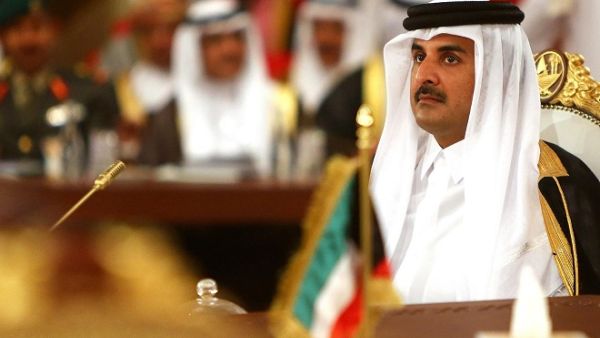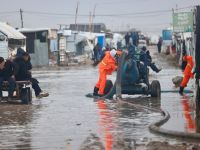The ongoing row between Qatar and its Gulf neighbors, many of which are OPEC members, is credit negative, Moody's Investors Service said.
Saudi Arabia in June led a coalition of Middle East countries in severing ties with Qatar, adding a layer of geopolitical risk to the global energy market. The countries accused Qatar of supporting terrorist networks and called on the nation to downgrade its relations with the Muslim Brotherhood in Egypt and close its al-Jazeera media outlet, among other things.
Moody's said in a report that the dispute is credit negative for all members of the Gulf Cooperation Council (GCC), although Qatar and Bahrain are the most exposed to risk.
"The severity of the diplomatic dispute between Gulf countries is unprecedented, which magnifies the uncertainty over the ultimate economic, fiscal and social impact on the GCC as a whole," Steffen Dyck, a senior credit officer at Moody's and co-author of the report, said in a statement.
For Qatar, the report found there should be no actual disruptions to its ability to export oil and natural gas, though imports have become more expensive.
Other regional countries like Kuwait and Oman, meanwhile, could actually benefit because of trade diversions that resulted from the dispute, though the overall impact on growth will be negligible.
Meanwhile, any shock to investor confidence could disrupt foreign direct investments in the region and curb the potential for economic growth.
"Any loss of high-quality foreign investment that would otherwise create jobs, promote technological transfer, and foster the private sector would be a setback for GCC states' ambitions to diversify away from the oil sector," the report read.









